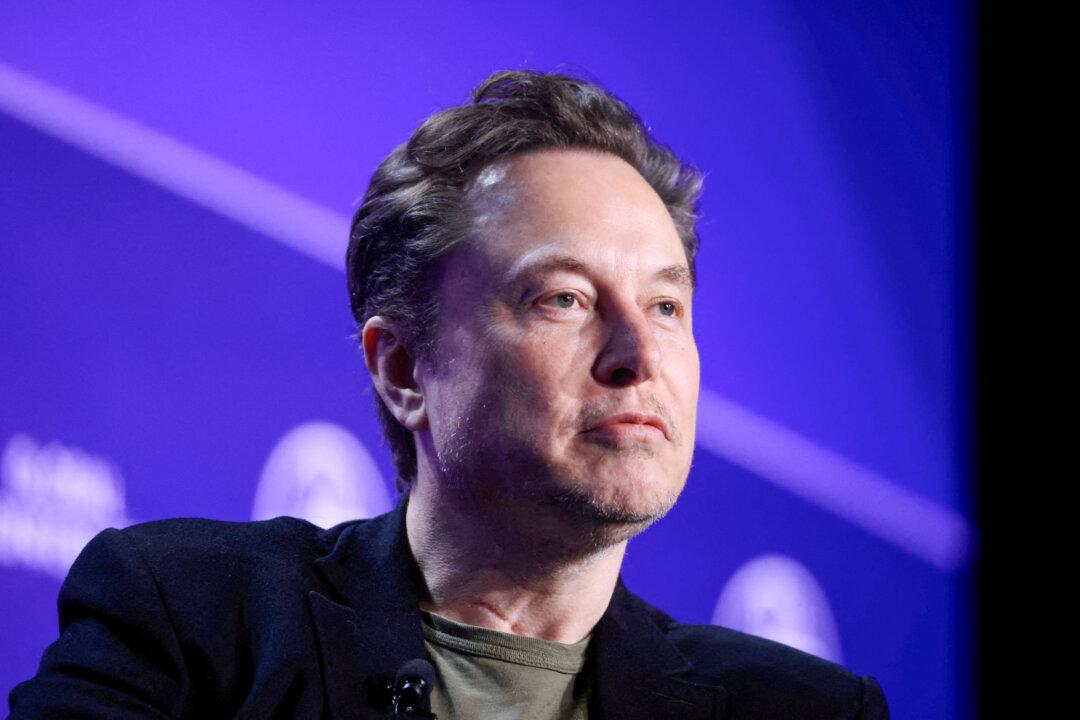JOHANNESBURG—A plan to raise taxes on the wealth of the world’s 3,000 billionaires will be top of the agenda at the next meeting of the G20 group of major economies in Brazil on Nov. 18.
America’s super-rich are key targets of the “global wealth tax,” with financial experts accusing them of using loopholes to avoid paying their fair share of taxes.





